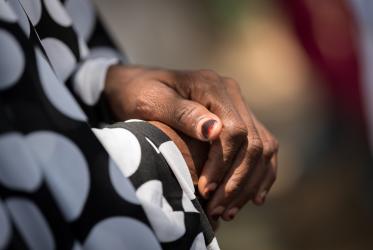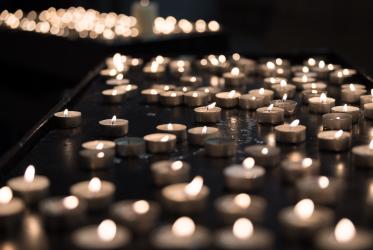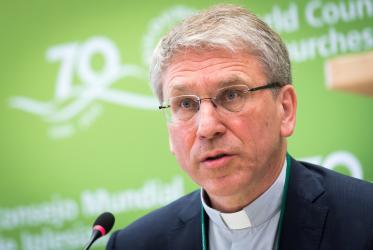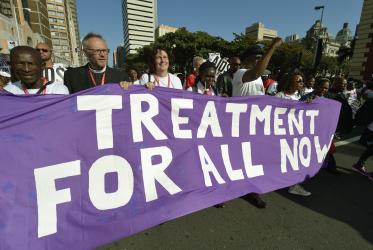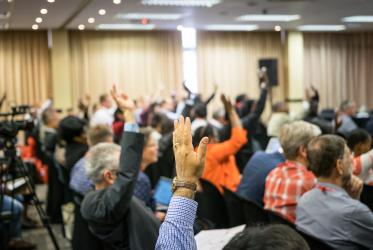Displaying 1 - 20 of 24
A plea from Cameroon: “Take up our case to God”
25 February 2020
Tveit in DRC: “Making peace is holy work”
19 August 2018
Congolese churches respond to Ebola outbreak
01 June 2018
Walking together against hatred and violence
26 February 2018
Conversation on HIV “must continue,” Faith Networking Zone shows
07 December 2017
G7 must address famine
22 May 2017
“It’s time to be brave, to form diverse partnerships”
02 March 2017
AIDS 2016: Coverage of faith response to HIV
22 July 2016
Children are being let down over HIV care
17 July 2016
AIDS 2016: “Stigma kills more people than HIV”
17 July 2016



